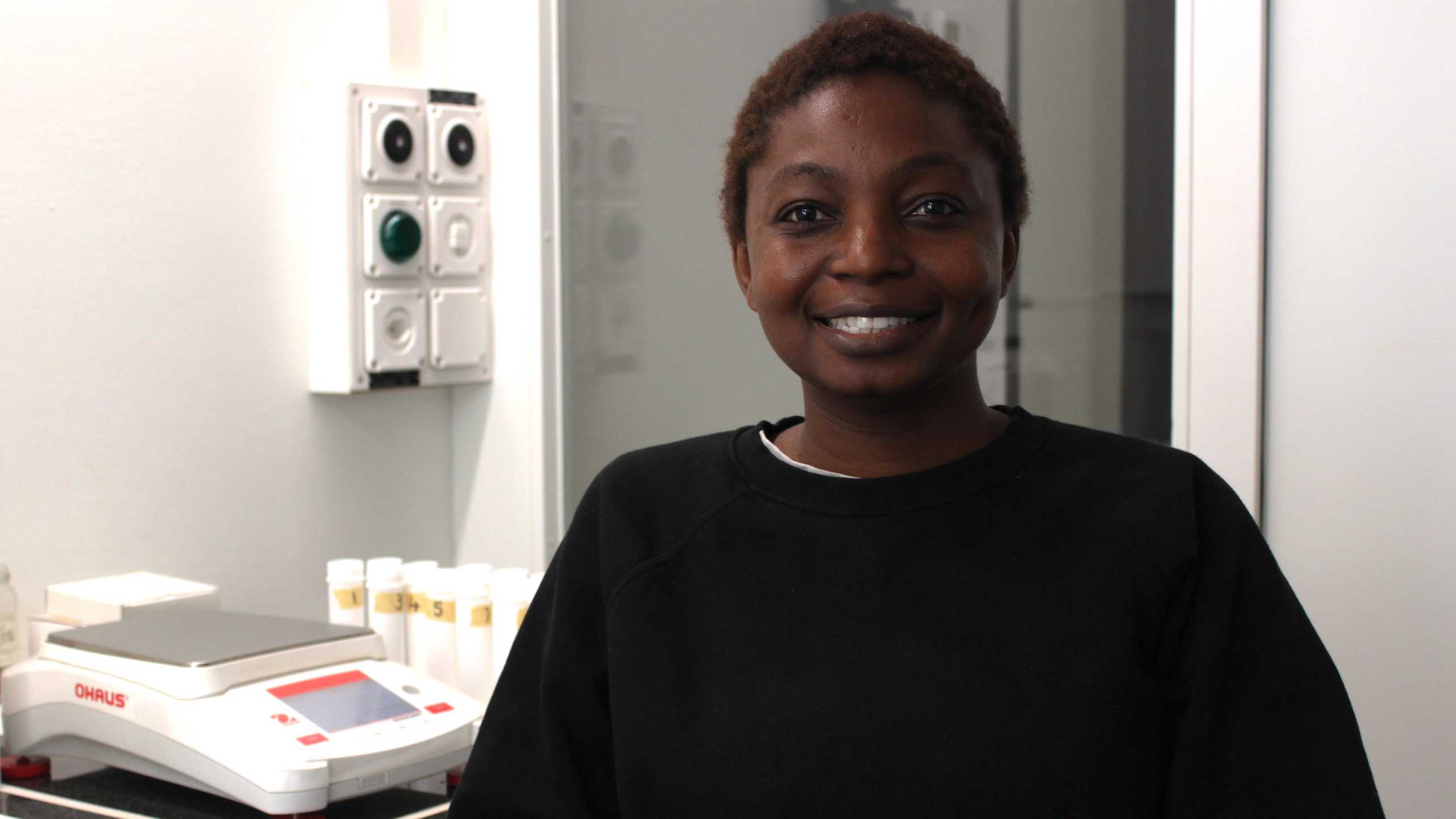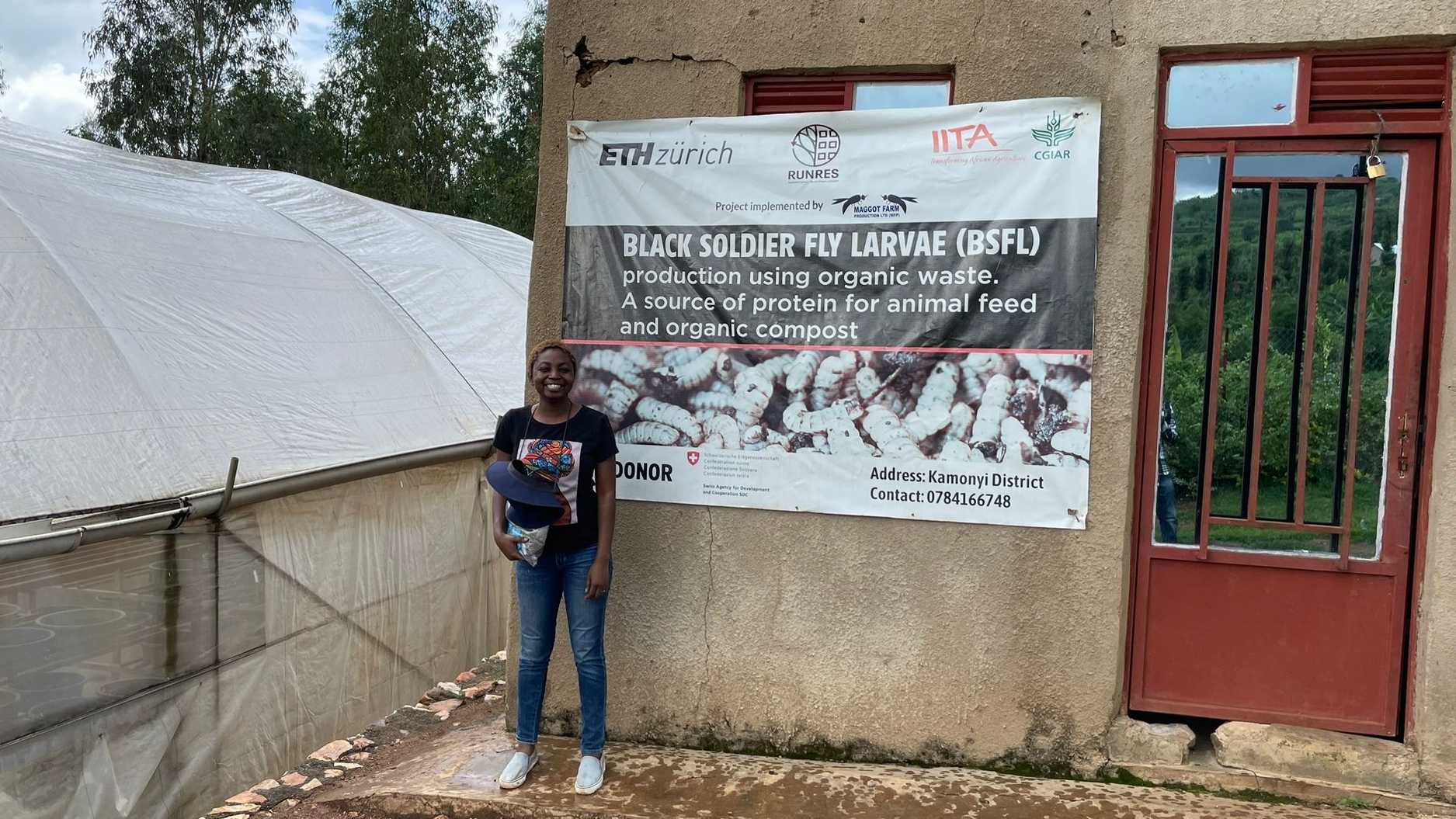Meet Sharon Migeri

“I like to get closer to the local communities I am working with and meet many different people. It is nice to see the impact of your research on people’s lives.”
Let’s meet Sharon Migeri, postdoctoral researcher in the SAE group. Sharon comes from Zimbabwe, and she pursued her studies in Agricultural Sciences at the University of KwaZulu Natal, South Africa. She decided to focus more on human waste management during her PhD. Today, her objective in the RUNRES project is to implement sustainable innovations for waste recycling and upscale them in Sub-Saharan Africa.
How did you become interested in the topic of human waste management?
“I first focused on it during my bachelor’s final work, and I realized the importance of the research dedicated to this topic during a big international conference. During my master’s project I could meet many people involved in waste management, from researchers to government employees. This experience enriched my understanding of the topic and provided me with a more comprehensive overview of it.”
What do you like about your research work?
“While I was studying this topic, I started asking myself «Where are the people though?». I like that this work has a real impact on people, it is realistic! It is great that I can now test innovative human waste-derived fertilizers not only in the greenhouse but also in the field and collaborate with local communities.”
What are the main challenges you are facing?
“Sometimes it can be challenging to bring together many different people with various cultural backgrounds and coming from different countries. At the same time, it would be nice to be able to improve the lab capacity in the field in Africa. However, it is a learning process, and it is good to acquire new people management skills, to train your flexibility and learn to give up when something doesn’t work.”
Do you have a particular memory associated with your field work?
“Yes. I like to connect with people I meet in the field. Every time I work with people, it is like I start being part of their community. I also remember with joy getting close to a family that was hosting me in a guest house in Congo during my work. Despite the language difference, we were able to bond, and I could experience a family feeling even far from home.”
If you are curious to know more about Sharon’s research, visit the project website. You can contact her via e-mail for more questions:
